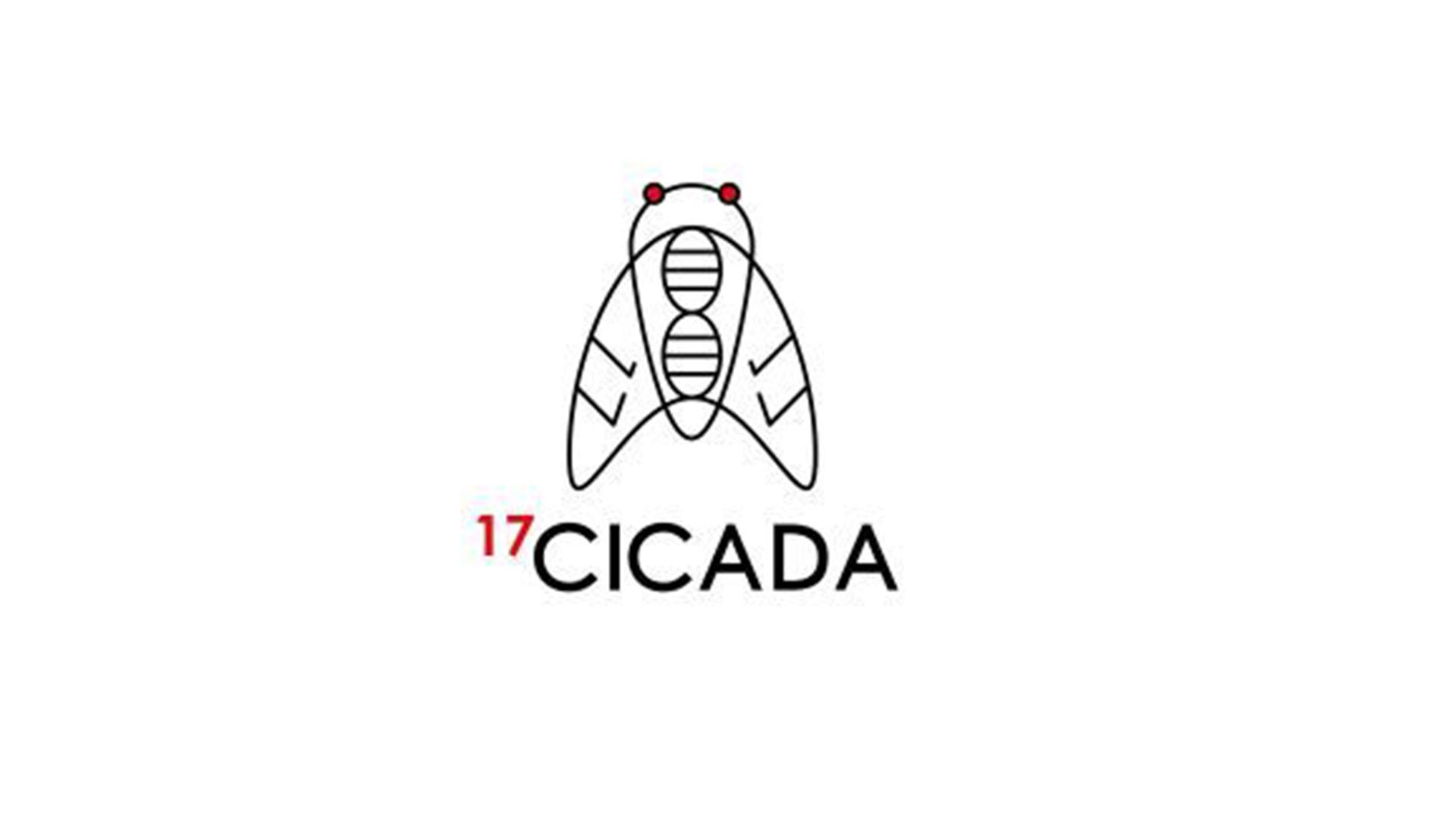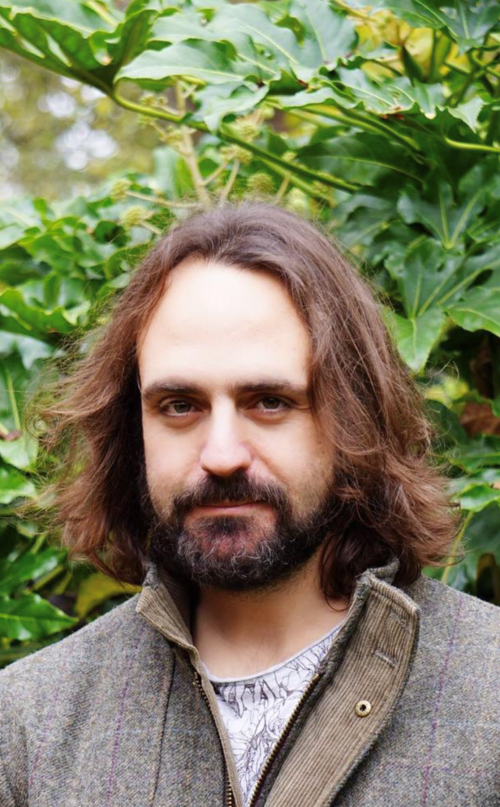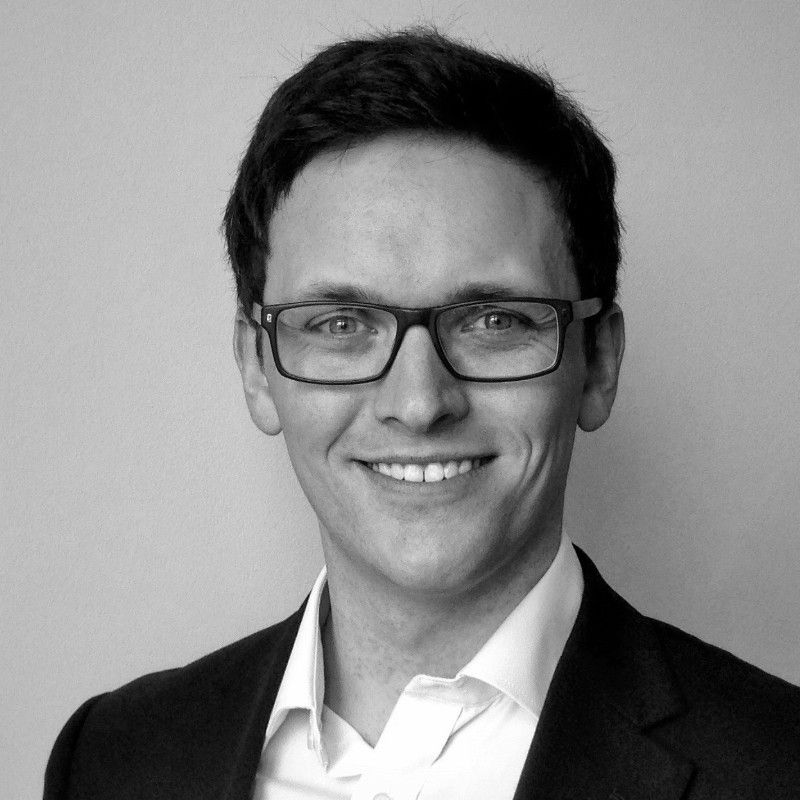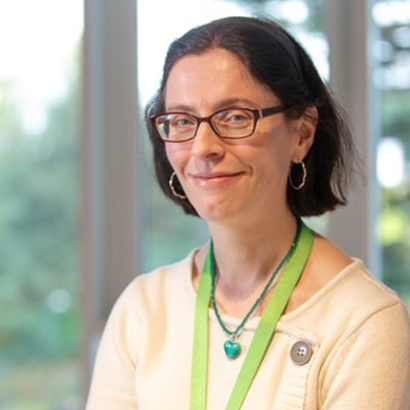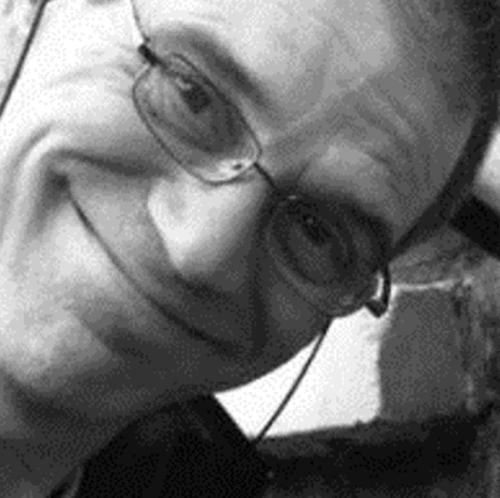The Problem:
Incumbent plastics, derived from crude oil, account for 4% of all greenhouse gas emissions (i.e. twice the footprint of aviation) and produce significant waste at end of life. Fortunately, bioplastics produced from furan di-carboxylic acid (FDCA) reduce emissions by at least 60% and minimise waste. However, the adoption of FDCA bioplastics has been hindered by high costs: 50% of the cost of producing FDCA is due to hydroxymethyl furfural, HMF – an intermediate material used to manufacture FDCA.The Solution:
Our pioneering, patent-pending technology, overcomes the formidable challenge and cost of HMF synthesis. We use bacteria and a novel metabolic pathway to convert waste feedstocks into FDCA. Our bacteria can use multiple types of feedstocks and turn these into HMF, which is further converted by the bacteria into FDCA. This synthetic biology (SynBio) process is a world first. By engineering bacteria, we can also produce hydrogen – we envisage using this hydrogen to power our future operations.The Differentiator:
Our process is first-of-its-kind. Unlike competitors, we go from feedstock directly to FDCA (i.e. without isolating/handling intermediate products). We do not use catalysts, and do not produce “humins” – oily by-products which are difficult to remove. Also, unlike competitors, we do not rely on sugar – our feedstocks are lignocellulose, chitin and some types of waste plastic (again, this is a world first). As for our hydrogen, it is truly carbon-negative (i.e. made by consuming carbon dioxide).Biggest Achievement:
We have won grant-funding of more than £1 million GBP to date. On the hydrogen project, we have successfully produced hydrogen using photosynthetic bacteria with carbon dioxide as feedstock – our biggest achievement is producing the hydrogen continuously in the presence of light (a world first). On the FDCA project, we have successfully produced 1 gram per Litre of FDCA – a significant quantity or concentration when it comes to wild strains of bacteria.